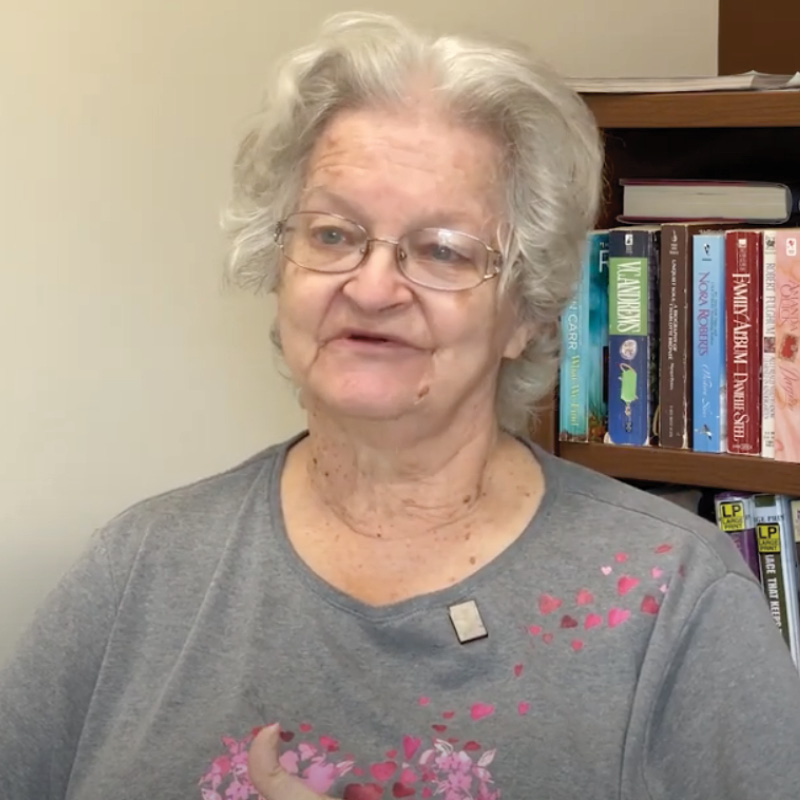Making the transition from living at home to living in a nursing home can be difficult. For many, trying to understand the financial aspects of nursing home care may also pose a challenge, including what is covered by Medicaid in a nursing home setting and what isn’t.
David Scott is a manager of Patient Financial Services with Rochester Regional Health and explains financial criteria for entering a nursing home, what services are covered by Medicaid, and who can help you through the process.
Eligibility criteria
As a federal health benefit program, Medicaid provides healthcare assistance for eligible individuals. In order to qualify for Medicaid, participants need to meet certain requirements in two areas: income and resources.
As of 2022, a single individual can receive a maximum of $934 per month after deductions in income while receiving Medicaid assistance. Income includes wages, investment income, retirement, and Social Security benefits. A single individual can have a maximum of $16,800 in resources. Resources include bank accounts, retirement savings, investments, and other property.
For individuals with a spouse, the maximum income and resource amounts can vary.
After assessing a person’s total income and resources, Medicaid will pay up to the maximum amount allowed. The person who will be living in the nursing home then pays the difference based on their net available monthly income (NAMI). The more income a person has, the more they will need to pay the nursing home.
People entering a nursing home often have questions about certain kinds of resources being assessed by Medicaid.
Home: If a single person intends to return home following their nursing home stay, their house will be exempt. If the person ends up passing away in the nursing home, Medicaid may place a lien on the home to recoup some of the payments.
Vehicle: One car is exempt from being listed as a resource under Medicaid qualifications.
Investments: Any investment accounts will not count against individual if they are receiving monthly disbursements.
Any uncompensated transfer of assets in the last five years made by a person applying for Medicaid will be assessed by Medicaid. This lookback assessment will determine how long a resident will need to pay for nursing home costs out of pocket before Medicaid pays for nursing home coverage in full.
Services received
Upon qualifying for Medicaid and using it as their primary health care coverage, residents will receive everything to which they are typically entitled. Each resident will have their room and board covered, along with meals.
Other services include:
- adult day care
- doctor and clinic services
- durable medical equipment
- home care
- lab tests
- mental health services
- personal care aides (with prior approval)
- physical, occupational and speech therapy
- prescription and non-prescription drugs
- transportation to medical care
- x-rays
Medicare recipients can also apply for and receive Medicaid. Since Medicare only covers a very short part of any nursing home stay, it is wise to explore eligibility for Medicaid as well.
Who can help
At each Rochester Regional Health hospital, social workers will meet with patients or their family members to talk about long-term care options such as nursing homes, when needed.
After determining if someone meets the criteria to qualify for Medicaid coverage and admission to a nursing home, a financial case manager helps each individual account for their income and resources. The case manager will also talk with the patient, their family, or designated agent with power of attorney to ensure the patient is in a position to make the right decision down the road.
Experts suggest consulting an elder law attorney for more precise and detailed suggestions about nursing homes and Medicaid. Organizations such as Lifespan are also very helpful at walking people through all of the options available to them. Being open with them can help to ease some of the stress surrounding financial concerns.
“Our social workers and financial case managers are smart, compassionate, and dogged in pursuit of what is best for each patient,” Scott said. “Most people in this situation are in crisis and haven’t dealt with the Medicaid process before. Different places interpret things differently. We take pride in being able to tell people, ‘I know this is a tough time for you but we are here to help you.’”








